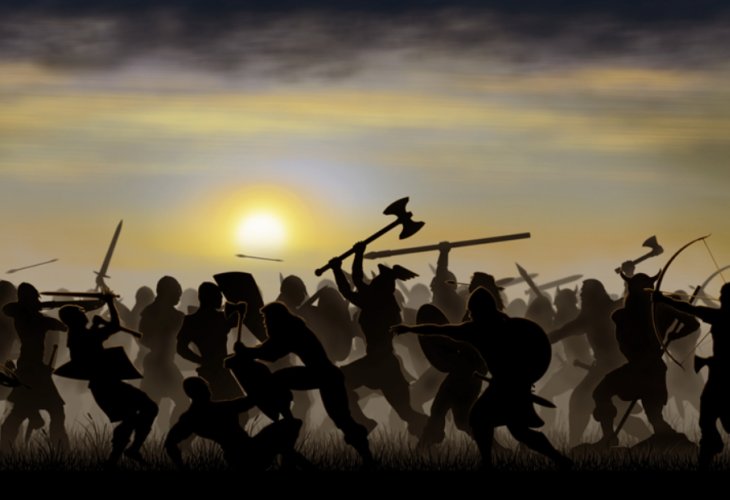Torah Personalities
Yiftach’s Vow: A Tragic Victory in the Book of Judges
Cast out by his brothers and called back in a time of crisis, Yiftach became a mighty leader, but a fateful oath would mark his legacy forever.
 (Photo: Shutterstock)
(Photo: Shutterstock)From Outcast to Commander
Yiftach was the son of Gilead from the tribe of Menashe. Although his father acknowledged him, his half-brothers, born of a different mother, rejected him and drove him from their land, denying him any share in their inheritance. Forced into exile, Yiftach settled in the land of Tov.
Years later, when the people of Israel found themselves oppressed by the kingdom of Ammon, they turned to Yiftach. Known for his military prowess, Yiftach was asked to lead the fight against their enemies. Initially bitter, he reminded the elders of Gilead, “Didn’t you hate me and drive me out of my father’s house? Why come to me now in your time of need?” (Shoftim 11:7). Still, he eventually agreed on the condition that he would be made leader of the people.
A Vow and a Victory
Before heading into battle, Yiftach made a solemn vow to Hashem: if victorious, he would offer as an olah (burnt offering) whoever first emerged from his house upon his return. The Israelites defeated Ammon, conquering twenty cities and securing peace.
But tragedy struck when Yiftach returned home and his only daughter came out to greet him with tambourines and dancing. Realizing the price of his vow, he tore his garments in mourning. Interpretations vary as to what happened next. Some commentators suggest that she was consecrated to a life of seclusion and never married, while others maintain that Yiftach fulfilled his vow literally and offered her as a sacrifice.
A Missed Opportunity for Mercy
The Sages criticize both Yiftach and Pinchas the Kohen Gadol (High Priest). Yiftach could have sought to annul his vow through a halachic (Jewish legal) authority, yet, as a leader, he refused to humble himself. Pinchas, for his part, could have approached Yiftach but declined to do so. Their mutual pride came at a terrible cost.
As a result, Yiftach’s limbs disintegrated and were buried in separate cities across the Gilead region, while Pinchas lost his Divine spirit. The Midrash even connects their failure to the tragic war Yiftach led against the tribe of Ephraim, in which 42,000 Israelites perished.
A Legacy of Pain and Redemption
According to Sefer Chassidim, Yiftach was punished for failing to consult with Pinchas and was later reincarnated to rectify his error. The Rama MiPano writes that Rabbi Chanina ben Teradyon, who was burned alive while sanctifying Hashem’s Name, was a reincarnation of Yiftach. His daughter, too, is seen as returning to correct sins from earlier lifetimes, including as the wife of Cham, who had committed adultery and gave birth to Sichon, and as Kozbi bat Tzur.
Yiftach served as a judge over Israel for six years. His story is both heroic and heartbreaking, a tale of triumph clouded by the weight of a tragic mistake.

